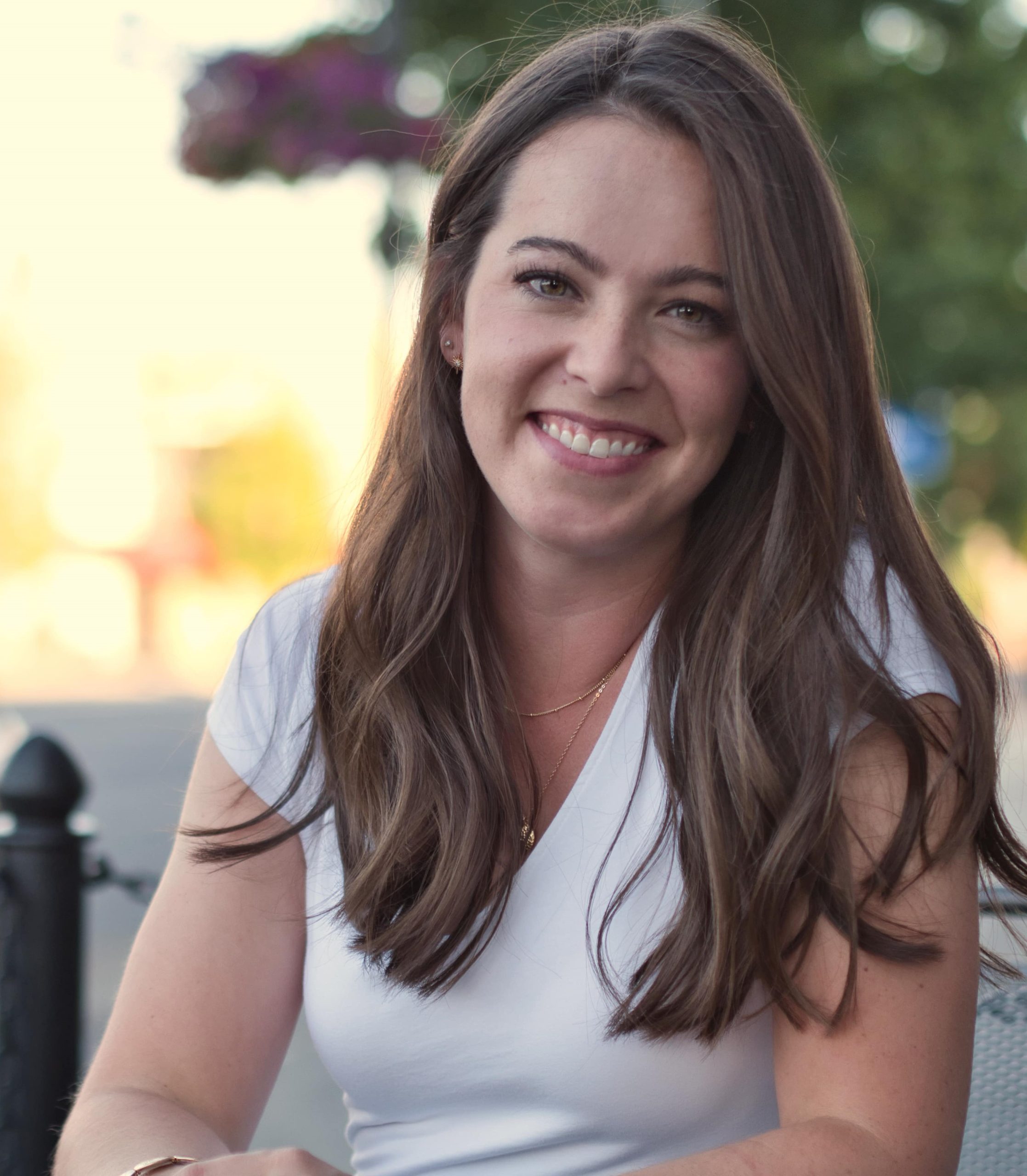
Douglas Lowell, Find a Cure Panel
Welcoming Adria Thompson today to Conversations
Adria, tell us how you became an advocate for Alzheimer’s?
Adria Thompson, Be Light Care Consulting
I have been a speech language pathologist for 9 years working in long term care and as I was providing one-on-one speech therapy services, I grew a heart for my patients with dementia who I felt were underserved and misunderstood. I started the quest to gain as much education and training about dementia care as possible. As I started down this road, my grandmother was diagnosed with dementia. It’s certainly what I’m on this planet to do
Douglas Lowell, Find a Cure Panel
That is a very inspiring.
People often do not think of speech challenges with dementia so can you expound on that.
What challenges they have and how you worked with them?
Adria Thompson, Be Light Care Consulting
As a speech therapist, I assess, diagnose and treat in all areas of communication, cognition, and swallowing. So although communication is just one aspect of what I do, it’s the most common deficit for people with dementia. Due to the changes that happen in the brain, individuals with dementia not only have difficulty talking (which is a form of expressive language) but also writing. Not only that, but they will have difficulty with receptive language which is understanding and reading.
As a speech language pathologist, we employ a variety of direct and indirect treatment approaches that are based in research and proven to help. Direct treatment would be another where we are working directly with the patient to teach something. However, in he later stages of dementia, they are limited. This is where indirect treatment is key – that’s changing everything around them. Especially caregivers and their communication and approaches! This can also include modifying the environment
Douglas Lowell, Find a Cure Panel
Interesting. Can you give some examples of direct treatment for a dementia patient with speech challenges?
Adria Thompson, Be Light Care Consulting
Spaced retrieval training (SRT) is a cognitive intervention technique used to improve memory function in dementia. It involves practicing and recalling information at increasing time intervals. The goal is to help individuals retain important information.
To use SRT, provide prompts and responses written in first-person language. Repeat the process, gradually increasing the delay time between prompts. If the response is correct, double the delay time.
If they can’t recall correctly, retrain and go back to the last successful interval. Consistency is crucial for effectiveness. SRT moves information into long-term memory and has shown positive results for many with dementia.
SRT is suitable for mild to moderate dementia but may not be effective in severe stages.
Adria Thompson, Be Light Care Consulting
This would be what we call a cognitive-communication technique… not just for speech.
Douglas Lowell, Find a Cure Panel
Does SRT need to be continual to be effective?
So if a client stops the treatment, they bounce back to where they were before?
Adria Thompson, Be Light Care Consulting
It needs to be maintained. Eventually, however, as a person continues to decline with dementia they will eventually forget. However, it can help people remember important things like names of family members, safety recommendations, or personal information for many months
Douglas Lowell, Find a Cure Panel
Memory is a fascinating thing, short term vs long term, what someone can remember and not remember. And it seems every person is different.
How do you combat the complexity of it?
Adria Thompson, Be Light Care Consulting
I understand the question, but I think the answer isn’t to combat it… it’s to work with it. Memory will decline in types of dementia such as Alzheimer’s. Period. There’s no reversing or preventing that. However, we can utilize the strengths and preserved abilities for as long as possible. Using signs and other visual reminders can help preserve. SRT can help preserve. Repetition and verbal rehearsal can help preserve. But this preservation is only temporary.
Memory is super complex so I recommend a referral sa speech language pathologist or an occupational therapist to assess and give individualized recommendations is the best adivce i can give caregivers! The complexity is difficult for any one person… especially someone so close to the person… to see clearly at times.
Douglas Lowell, Find a Cure Panel
That is a nice segue into your vocation.
You started a dementia consulting business called Be Light Care Consulting.
Can you tell Conversations about that, Adria.
Adria Thompson, Be Light Care Consulting
I started Be Light Care in 2021 after moving from Kentucky to Washington state. I wanted to do training in long term care communities and began posting videos on social media simply as a way to prove my expertise. I knew not everyone knew why an SLP would know anything about dementia.
I did not expect these videos to take off like they did! I gain 100,000 followers so quickly and realized that this was going to be a huge part of my business. I have continued and now have about 300,000 followers across all platforms.
I also consult with other SLPs and caregivers on zoom to problem solve any issues they face in dementia care. I work with companies and businesses to consult and advertise resources and services. I also travel across the country to speak and train caregivers and medical professionals!
Douglas Lowell, Find a Cure Panel
That is amazing that you caught wildfire like that.
Can you share the platform links with people so they can find you on social?
Adria Thompson, Be Light Care Consulting
Sure! It’s @belightcare on all platforms:
Instagram: https://www.instagram.com/belightcare
Facebook: https://www.facebook.com/belighcare
Tiktok: https://www.tiktok.com/@belightcare
Adria’s website is: https://www.belightcare.com/
Douglas Lowell, Find a Cure Panel
Received.
Most of the people reaching out to you are families or do you have a lot of patients with memory loss or MCi or mild Alzeimer’s also?
I want to close by asking you a question that I face that many other caregivers also face.
My mother who has dementia for 10 years will not let any professionals into her house- so no nurses, no one to help with food etc.
What to do?!
We need help to help her but she will not permit it. This creates a lot of issues as we are committed to keeping her in her own house as this is her wish.
Adria Thompson, Be Light Care Consulting
When facing the challenge of a loved one with dementia refusing professional help, it’s essential to introduce the assistance in a way that is understandable and non-threatening to them. Tell them it has nothing to do with them! Instead of directly mentioning the person with dementia’s needs, try framing the introduction as a favor or service for the caregiver. For example, you can say that the professionals are there to dog sit or clean for the caregiver, rather than specifically stating they are there to help the person with dementia. By focusing on how the professionals are supporting the caregiver or making their life easier, it can be easier for the person with dementia to accept the help without feeling uneasy or resistant.
Also consider their personality and what may be accepting to them. Have they always been kind and caring to others? “Hey mom, I have a friend from church who is struggling making ends meet right now. I would love to be able to give her some money, but she insists on working for it. I know you don’t need the help, but she’s going to come over and pick up. We are doing her a huge favor!” Are they prideful in their work and occupation? “Hey dad, I met a guy at the gym who is thinking of starting an appliance store in town. He knows you had a very successful one and would love to spend time with you and learn everything he can! He will be coming over a couple days a week and may help you out in return.”
Douglas Lowell, Find a Cure Panel
Those are excellent suggestions. We need to try to integrate them.
Adria, you are doing very important work. Very inspiring.
Thanks for talking to Conversations.
Adria Thompson, Be Light Care Consulting
Thanks, Doug!













